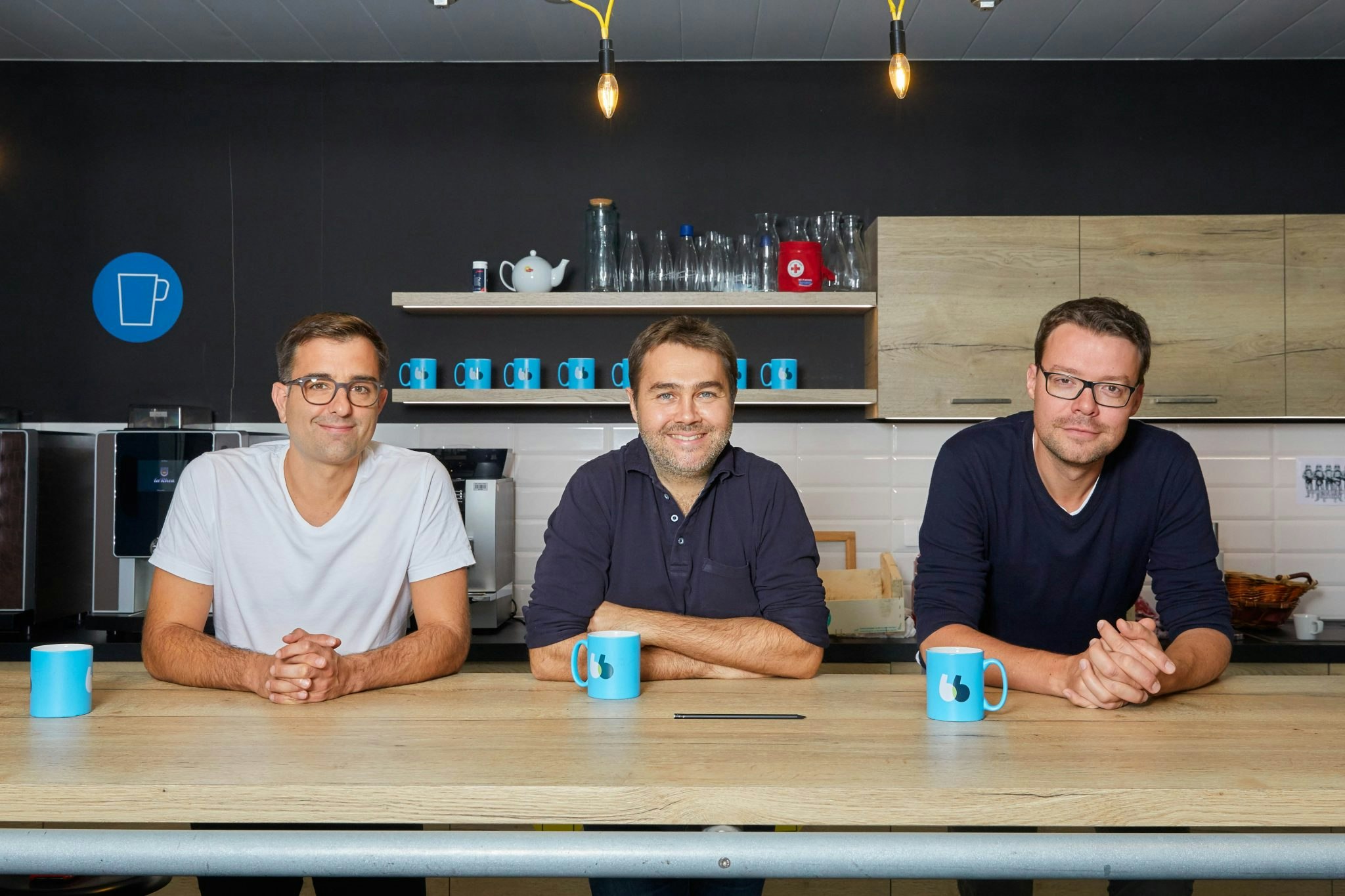In 1907, the British statistician Sir Francis Galton attended a festival contest where people attempted to guess the weight of an ox. He observed that the average of all guesses was closer to the ox’s actual weight than any individual expert guess. This observation is the basis of the ‘wisdom of crowds’ theory: an idea that crowds are collectively smarter than individual experts.
This month Citymapper, a transport app helping its 50m+ users navigate 80 cities by all forms of urban transport, raised £6.7m from a crowd of over 9k investors. The crowdfunding campaign was heavily oversubscribed, and closed after just 24 hours when it had exceeded its original target by almost seven times.
Citymapper stated it didn’t consider raising a Series C instead of crowdfunding. However, a 2020 CNBC article quoted former Citymapper employees saying that the company had failed to secure a Series C in 2018. And according to a Sky News report, Citymapper was exploring a sale in early 2020 and received initial interest from Microsoft, Apple and Google, but no deal was concluded. Series A and B lead investors Index and Balderton were not available for comment.
The enthusiasm of the crowd is in stark opposition to institutional investors’ caution. Is Citymapper really worth its £191m pre-money valuation? Or is it not all about money for the crowd?
The not-so-level playing field of startup investing
The crowd is at a disadvantage to investors. For one, it doesn’t have the same investment experience and skills. More importantly, it doesn’t currently have the same access to founders, information or deal flow as VCs (so far, three of the 16 active UK unicorns have raised crowdfunding). It’s like guessing the weight of an ox after only catching a brief glimpse of half the animal.
Before investing, a VC fund conducts detailed financial due diligence. While crowdfunding platforms usually perform legal and operational vetting, they do not demand the disclosure of specific information or access to the startup team. In the case of the recent Citymapper crowdfunding, financial information was sparse and the round closed too quickly to leave much time for clarifications.
What do the numbers say?
The 14-page investor deck only mentions one revenue stream, a transport subscription scheme called Citypass. However, ~90% of subscriptions were paused because of the pandemic and Citypass’ annual recurring revenue (ARR) fell by almost 80% — from £17m in early 2020 to £4m today. The pitch mentions additional revenue streams, including feature subscription (Club), lead generation (Affiliate), as well as licensing technology to enterprises, without providing revenue numbers.
Citymapper’s total 2020 revenue was £5m. This values Citymapper at a ~40x multiple to 2020 revenue. That is more than twice that of SaaS companies included in the BVP Nasdaq Emerging Cloud Index, which is often used as a public market proxy for SaaS multiples. To compare, (profitable) micromobility provider TIER was valued at a 14x multiple — so 40x is hefty for a company that has seen negative growth over the past year.
However, pegging the valuation of a public transport-based business on a year when the government explicitly instructed people to avoid public transport might be a tad unfair. Citymapper’s multiple to pre-pandemic ARR (and Citymapper states those subscriptions are paused, not churned so could technically be reactivated at a click of a button) would be about 12x. And if the pandemic had not happened at all and ARR had simply continued to grow at the same rate, the ARR multiple would be just 6x now. But that’s a lot of conditional clauses when the pandemic is still throwing curveballs at us.
Citymapper’s path to profitability has confused some commentators. In 2020, Citymapper lost £6m on £5m revenues. Currently, the weekly Citypass is £4 cheaper than a TfL weekly travelcard. A TfL spokesperson confirmed that this discount is entirely subsidised by Citymapper. Said differently, it looks like Citymapper buys weekly passes at £37 and sells them to customers for £33, implying that losses will directly scale with revenues.
Citymapper however claims that Citypass is profitable, but will not disclose how so.
One possibility is that Citymapper doesn’t buy weekly passes. A weekly TfL travelcard for central London costs £37, but TfL also caps weekly contactless payments at £37 for every week starting Monday — the same day Citypass starts. If a user took more than £37 worth of trips, Citymapper would pay the cap (and lose £4). But for a week the user travelled for less than £33, Citymapper would keep the difference and make a profit for that user: travelcard arbitrage. Still, Citypass is on shaky ground if post-pandemic people only return to the office two or three days a week, no longer justifying a weekly subscription.
The other big future play for Bill Earner, Citymapper’s general manager, is the enterprise revenue stream.
Citymapper could license its technology and mapping data. Citypass gathers significant insights into travel patterns, which could be interesting for many companies. For example, e-scooter companies coming to London in June will want to know where to place their scooters.
In any case, monetisation needs to happen quick sharp.
Citymapper’s last filing for Companies’ House stated that the company raised further £10.5m of funding from investors in January and May 2020 to “continue to operate for at least the next 12 months”. This crowdfunding round probably comes just in time to give the company more runway to build out its revenue streams or to tee up a sale. Luckily, according to Earner, several enterprise contracts are expected to be announced soon.
Is it all about money?
The business model of VC is about money, plain and simple: the financiers raise funds from limited partners (LPs) and invest into the startup world, usually over a 10-year period. In return, they receive a management fee (2% a year on the capital committed) and a share of any profits they make for LPs (usually 20%). However, venture is a risky business. Ordinarily, all but one or two portfolio companies of a fund fail. Hence, VCs look for startups with the potential to return the fund in full.
At the time of Citymapper’s Series A in 2014, when Google had just acquired navigation app Waze for over $1bn dollars, the startup fitted that description. In 2021 — after a year of negative growth when the world is not sure if and when people will fully return to public transport — it does not.
Yet, Citymapper offers sleek technology and a much-beloved product. Many city dwellers prefer it over Google Maps. And millions of people would benefit if Citymapper achieved its vastly complex mission to leverage public transport effectively, thus reducing congestion and pollution.
The crowd will likely also value this mission, have deep brand loyalty and be committed to its technology. Because from a purely financial perspective, a valuation of nearly £200m — the same as before the pandemic, which slashed revenues and uprooted people’s public transport habits — seems expensive and hard to justify.
Katja Staple writes about the business of startups for Sifted.



